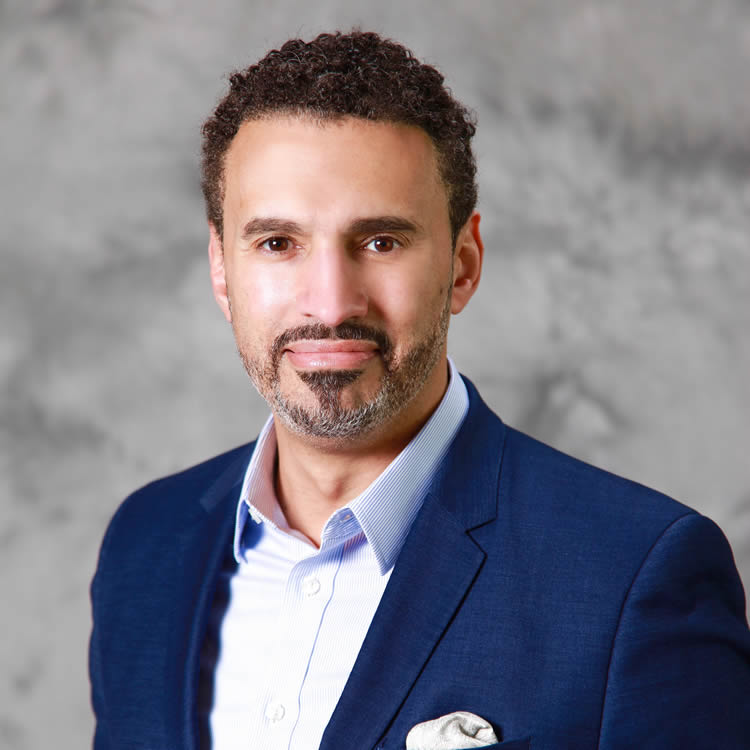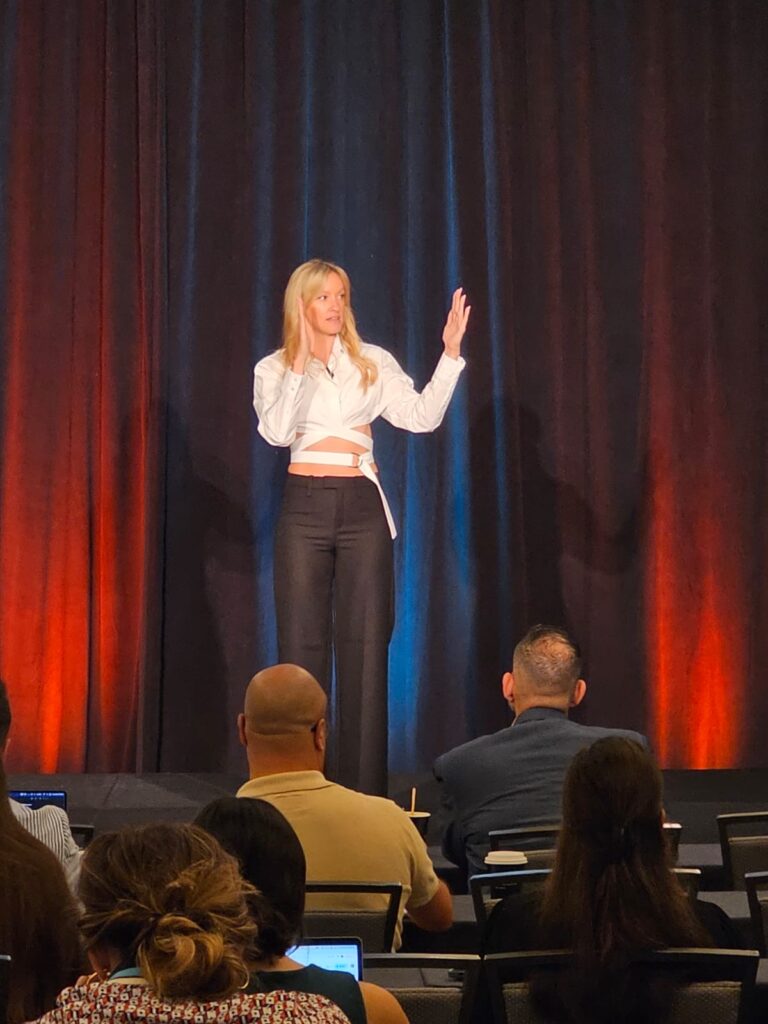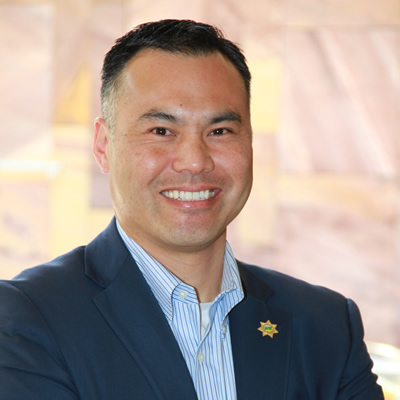Events like COVID-19 bring to mind a refrain from past crises: “Life will never be the same.”
To be sure, some changes stay with us—for example, I doubt we’ll see TSA checks at US airports disappearing anytime soon. But despite a crisis’ impact, organizational memories are short. That’s especially true if there’s a cost associated with the ‘memory’. Over time, resources devoted to crisis readiness become a target for reallocation.
Why does this happen and what can we do to maintain crisis ready organizations?
To evaluate this, let’s first consider how commitment wavers.
Many leaders view crisis management preparation as unnecessary. Common reasons include the belief that existing ways of managing crises will suffice; a perceived immunity to crisis; reluctance to empower subordinates to act and communicate early to prevent a crisis; and the enterprise lacking the resources to undertake such an initiative (Agnes, 2018).
Leaders are human. They’re subject to the same emotions and biases as the rest of us. When faced with challenging situations we often involuntarily use biases to make decisions. But rather than helping, biases serve as rational decision barriers.
The Prior Hypothesis Bias
One example is the Prior Hypothesis (or Confirmation) Bias, which states that we tend to only look for information that confirms what we think will happen. How often have you heard a variation of the following: “Yes, in a worst-case scenario those indicators could mean trouble. But we’ve seen them before and they didn’t amount to anything. Why would it be different this time?”
This type of thinking has ripple effects. It persuades leaders to trust gut instinct and quickly make decisions without sufficiently defining the problem. Effective intuitive decision-making is dependent on the experience and capabilities of the person making the decisions (Rubens, 2020). If the decision-maker does not have the capability to imagine the potential for disaster, or has never experienced one, they often rely on instinct rather than “what ifs.”
Relying solely on instinct also risks ignoring the input of other members of the organization, who are often best positioned to interpret indicators. This stems from executives’ failure to understand that the purpose of the management framework is to support the people on the ground, not to direct them (Rubens, 2020).
As a young officer, I observed a Colonel explain to his staff, “We exist to support the units on the ground, not the other way around.” Similarly, Hubert Joly, shortly after becoming the Chief Executive Officer (CEO) at Best Buy, told assembled executives that the most important people in the company are the blue-shirted representatives in each store. Unfortunately, those types of leaders seem to be the exception.
Teams won’t ‘rise to the occasion’ unless they’re trained and empowered to do so
Ironically, while leaders are hesitant to provide subordinates with authority to act on their own, they still believe their organizations will respond well in a crisis. This confidence comes from the misguided notion that, under pressure, we’ll rise to the occasion.
In reality, this rarely happens. What does happen is that we regress to our lowest level of training. For organizations that never perform challenging training, which simultaneously pushes and develops employees, the result is often panic during a crisis. But for those enterprises that engage in challenging training, while success is not guaranteed, they have increased confidence that members will make rational decisions in stressful situations.
In Part Two of this article we’ll look at training and how it all comes together to influence executive support for crisis ready initiatives.
References
Agnes, M. (2018). Crisis Ready: Building an Invincible Brand in an Uncertain World. Herndon, VA: Mascot Books.
Rubens, D. (2020, March). Corporate risk and crisis management. Deltar Ofqual-Regulated Level 5 Management Award in ‘Corporate Risk and Crisis Management.’ Program conducted at the meeting of the Institute of Strategic Risk Management (ISRM), London, UK.
I help people solve challenging problems in difficult circumstances. A career in Army Special Forces provided extensive experience in Crisis and Risk Management, organization and staff leadership, and training foreign and domestic partners.
I led teams supporting demining operations in Cambodia and emergency planning at Embassies in Asia. I was the deputy for a staff managing $400 million in goods and services contracts overseas. I also served as a liaison and advisor to Ambassadors and foreign royal family members. The key to success in all those roles was building relationships, often in diverse, multi-cultural settings.
By working with great leaders and outstanding people I evolved my personal and professional outlook on life.
I treat people the way I want to be treated:
– Empathy and compassion are essential
– Dwelling on mistakes and belittling those who struggle benefits no one
– They’re people first, partners second
I build collaborative relationships:
– I listen to people and get to know them, which creates trust
– Working with multiple (sometimes forceful) players requires patience, tact, and skill
– I engage everyone, to include those who might not appear to be critical to success but often are
I’m used to performing with minimal resources and guidance:
– There are always unexpected problems, but you adapt and overcome
– Success comes from constantly adjusting to conditions as they evolve
– If you don’t take control then you’re at the mercy of whatever happens
– I can get the message to Garcia
I view learning as a lifelong process:
– One of my favorite quotes is “Learning is the progressive discovery of our own ignorance”
– Few things are as fulfilling as teaching someone something new and watching them excel
– I have an inquisitive mind and an insatiable desire to know what makes people tick
I value learning from others and helping where I can, so please feel free to contact me.










